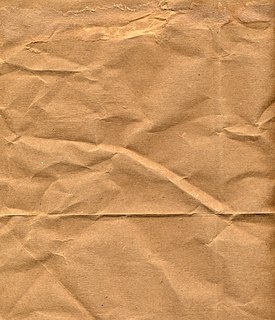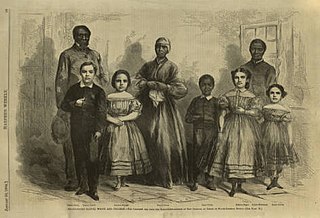 W
WBala is a 2019 Hindi-language satirical black comedy film directed by Amar Kaushik, written by Niren Bhatt, co-written by Ravi Muppa, and produced by Dinesh Vijan, based on an original story by Bengali film director Pavel Bhattacharjee about the life of Rohit Sood. Ayushmann Khurrana stars as the titular character, Balmukund Shukla, a young man living in Kanpur who is suffering from male pattern baldness, and the story is about his lack of confidence and societal pressure that comes with premature balding. Another theme in the film is colourism. Bhumi Pednekar, Yami Gautam, Javed Jaffrey, Saurabh Shukla, and Seema Pahwa feature in supporting roles.
 W
WThe Blacker the Berry: A Novel of Negro Life (1929) is a novel by American author Wallace Thurman, associated with the Harlem Renaissance. The novel tells the story of Emma Lou Morgan, a young black woman with dark skin. It begins in Boise, Idaho and follows Emma Lou in her journey to college at USC and a move to Harlem, New York City for work. Set during the Harlem Renaissance, the novel explores Emma Lou's experiences with colorism, discrimination by lighter-skinned African Americans due to her dark skin. She learns to come to terms with her skin color in order to find satisfaction in her life.
 W
WThe Brown Paper Bag Test is a term in African-American oral history to describe a colorist discriminatory practice within the African-American community in the 20th century, in which an individual's skin tone is compared to the color of a brown paper bag. The test was allegedly used to determine what privileges an individual could have; only those with a skin color that matched or was lighter than a brown paper bag were allowed admission or membership privileges. The test was believed by many to be used in the 20th century by many African-American social institutions such as sororities, fraternities, and churches. The term is also used in reference to larger issues of class and social stratification and colorism within the African American population.
 W
WDark Girls is a 2011 documentary film by Bill Duke and D. Channsin Berry. It documents colorism within the African American community, a subject still considered taboo by many black Americans. The film contains interviews of African American women describing the role colorism has played in their lives, with notable African Americans including Viola Davis also detailing her experience. It also reports on a new version of the 1940s black doll experiment by Kenneth and Mamie Clark, which proved that black children had internalized racism by having children select a white or a black doll based on questions asked. In the updated version, black children favored light-skinned dolls over dark-skinned dolls.
 W
WBihaku (美白) is a Japanese term meaning "beautifully white" which was coined in the early 1900s with the emergence of skin whitening products and cosmetics. Even in ancient Japanese Haiku there have been numerous references to this term.
 W
WPersecution of people with albinism is based on the belief that certain body parts of albinistic people can transmit magical powers. Such superstition is present especially in some parts of the African Great Lakes region, it has been promulgated and exploited by witch doctors and others who use such body parts as ingredients in rituals, concoctions and potions with the claim that their magic will bring prosperity to the user.
 W
WSchool Daze is a 1988 American musical comedy-drama film, written and directed by Spike Lee, and starring Larry Fishburne, Giancarlo Esposito, and Tisha Campbell. Based in part on Spike Lee's experiences as a Morehouse student in the Atlanta University Center during the 1970s, it is a story about undergraduates in a fraternity and sorority clashing with some of their classmates at a historically black college during homecoming weekend. It also touches upon issues of colorism, elitism, classism, political activism, hazing, groupthink, female self-esteem, social mobility, and hair texture bias within the African-American community. The second feature film by Spike Lee, School Daze was released on February 12, 1988 by Columbia Pictures.
 W
WSkin whitening, also known as skin lightening and skin bleaching, is the practice of using chemical substances in an attempt to lighten the skin or provide an even skin color by reducing the melanin concentration in the skin. Several chemicals have been shown to be effective in skin whitening, while some have proven to be toxic or have questionable safety profiles. This includes mercury compounds which may cause neurological problems and kidney problems.
 W
WWhite slave propaganda is the term given to publicity, especially photograph and woodcuts, and also novels, articles, and popular lectures, about mixed-race, white-looking slaves, which was used during and prior to the American Civil War to further the abolitionist cause and to raise money for the education of former slaves. The images included children with predominantly European features photographed alongside dark-skinned adult slaves with typically African features. It was intended to shock the viewing audiences with a reminder that slaves shared their humanity, and evidence that slaves did not belong in the category of the "Other".
 W
WMary Mildred Williams was an enslaved American born in Virginia, later freed through the efforts of her father. Based on the public perception of her as a white child after photographs of her were published in the press, she was compared to the fictional character of Ida May and used by abolitionists before the Civil War to advance the cause of ending slavery in the United States.